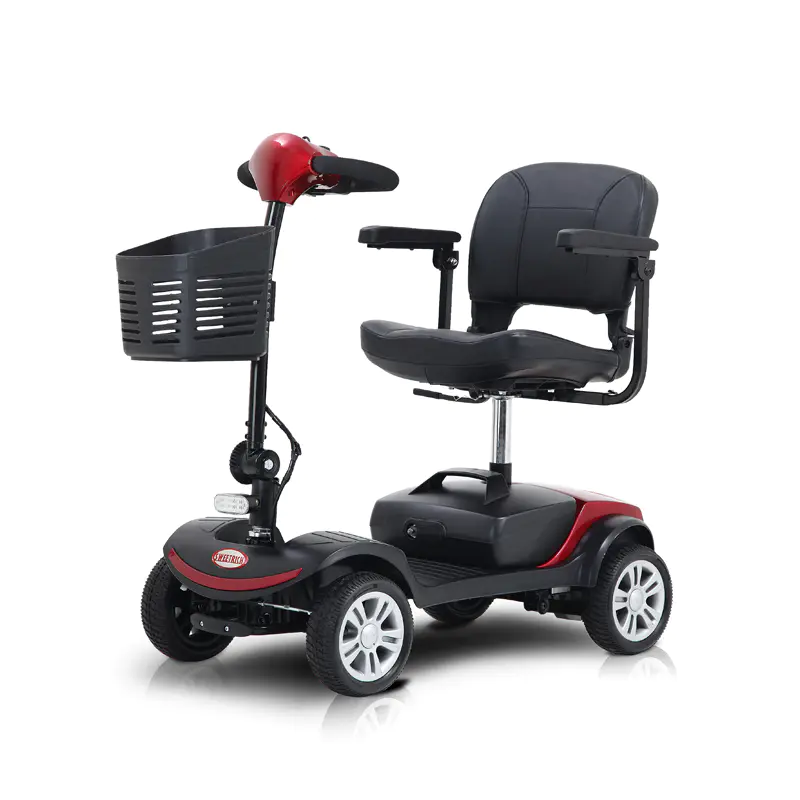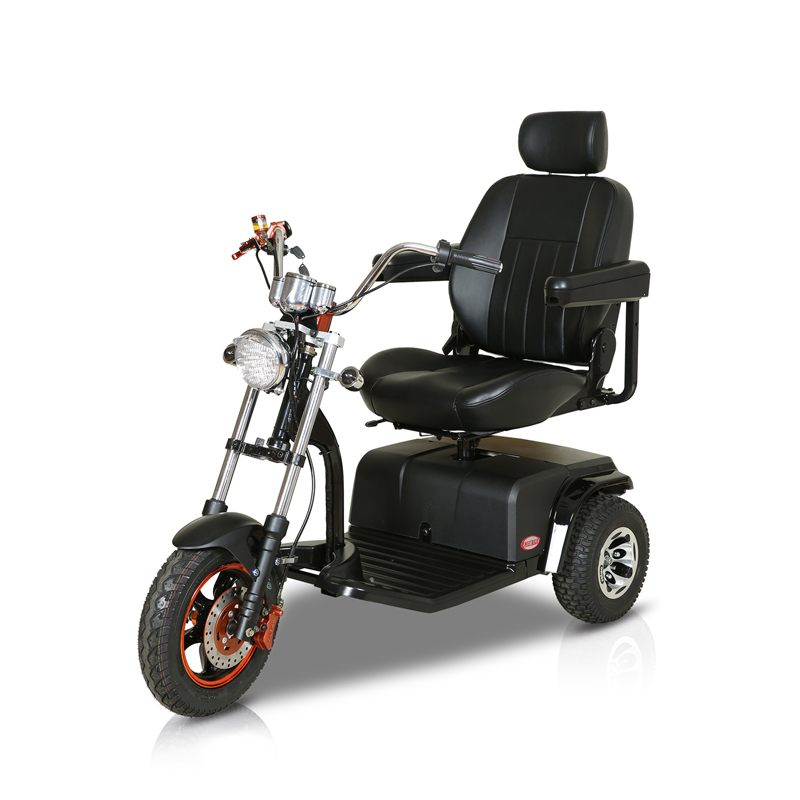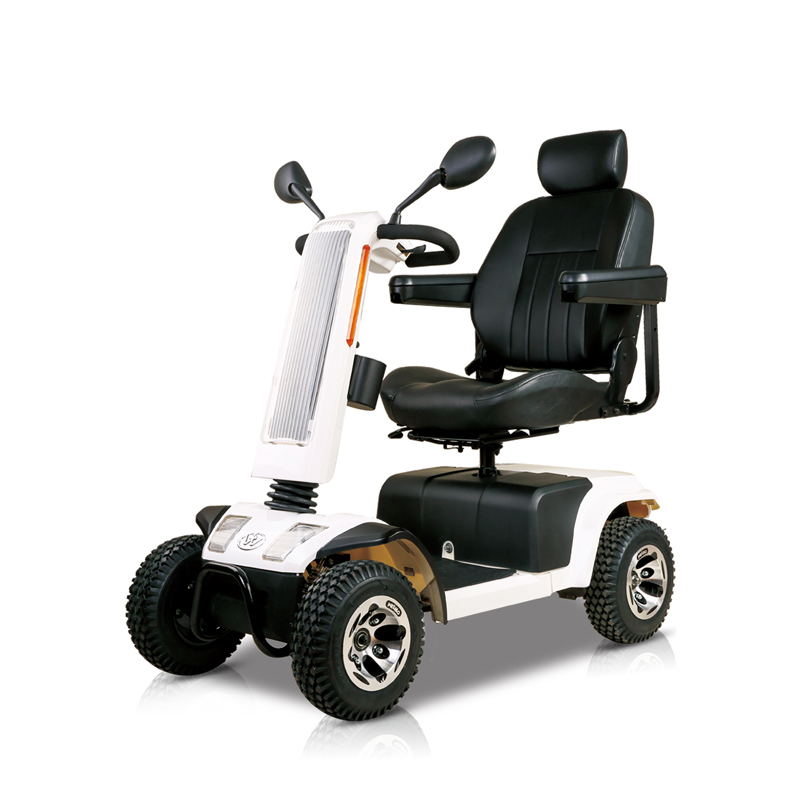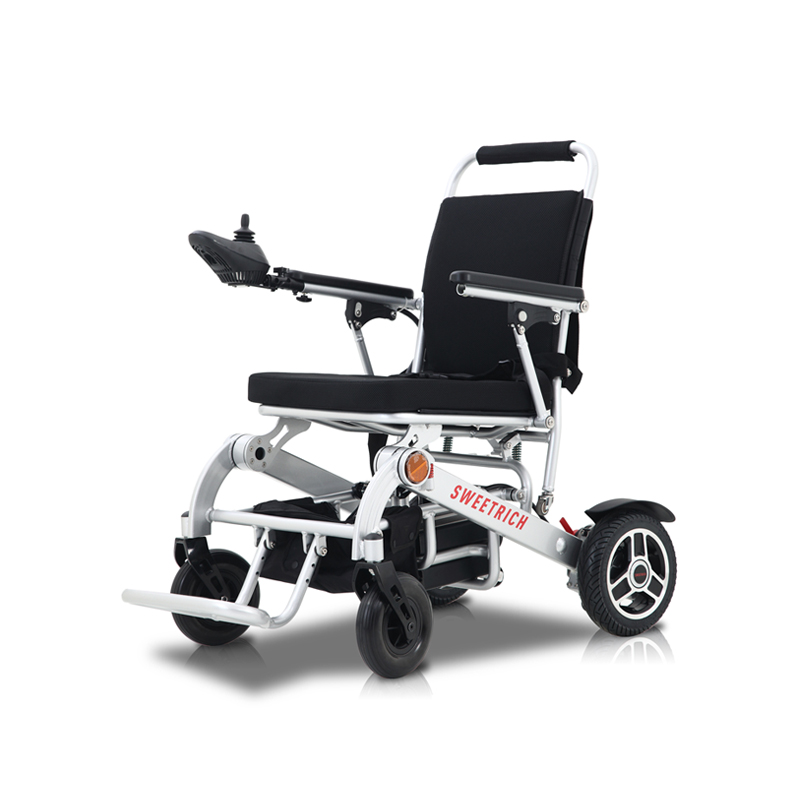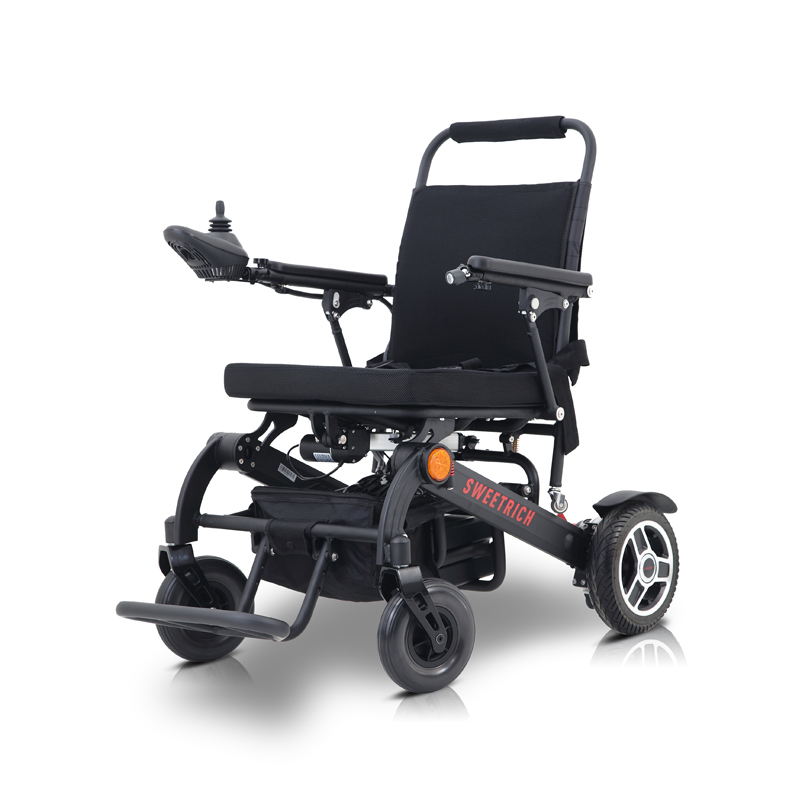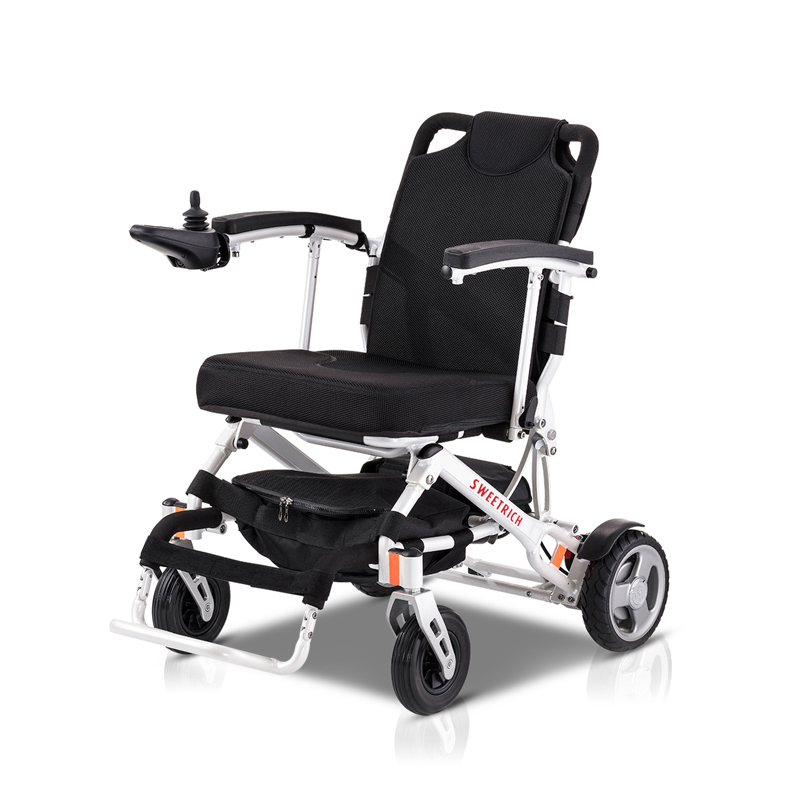The transition to sustainable transportation is no longer a distant goal, but an urgent need for cities around the world. As urban areas continue to face growing traffic congestion, air pollution, and greenhouse gas emissions, there is an increasing demand for more eco-friendly and efficient transportation solutions. Electric scooters, particularly Wholesale Portable Scooter, are rapidly becoming a revolutionary solution for urban mobility. As a sustainable, energy-efficient, and convenient alternative to traditional modes of transportation, electric scooters are becoming an integral part of the modern urban transportation landscape.
Reducing Carbon Footprint with Electric Scooters
Electric scooters play a crucial role in reducing the carbon footprint of urban transportation. Traditional vehicles, especially those powered by fossil fuels, are major sources of carbon emissions and air pollution in cities. These pollutants not only harm the environment but also pose serious health risks to urban residents. In contrast, electric scooters produce zero emissions during operation, making them a cleaner alternative to gasoline-powered vehicles.
As cities work towards ambitious climate goals, electric scooters provide a direct solution to reduce carbon emissions. By replacing short-distance car trips, which are typically the polluting, electric scooters significantly reduce the number of vehicles on the road. This shift helps lower overall emissions, promoting cleaner air and a more sustainable urban environment. The widespread adoption of electric scooters also encourages a shift toward more eco-friendly transportation modes, influencing public policy and infrastructure development to prioritize low-carbon solutions.
Energy Efficiency and Cost Savings
Another significant advantage of electric scooters in sustainable transportation is their energy efficiency. Traditional vehicles, even electric ones, consume far more energy compared to electric scooters. The compact size and lightweight design of electric scooters mean they require minimal energy to operate. With smaller battery capacities compared to electric cars, electric scooters can travel considerable distances on a single charge, making them an efficient choice for urban commuters.
The potential to charge electric scooters using renewable energy sources further enhances their energy efficiency. Cities and businesses are investing in solar or wind energy charging infrastructure, further reducing the environmental impact of these vehicles. Additionally, electricity costs are much lower than gasoline, which means using electric scooters can save both individuals and businesses significant amounts of money.
By reducing reliance on gasoline and decreasing overall energy consumption, electric scooters help build more sustainable and economical urban transportation systems. Their efficiency and affordability make them an ideal choice for daily commuting and short-distance travel, providing a viable alternative to energy-intensive transportation methods.
Alleviating Traffic Congestion
In congested cities, traffic jams are a major cause of travel inconvenience and inefficiency. The increasing number of private vehicles on the road contributes to traffic congestion, to longer commute times, higher fuel consumption, and increased commuter stress. Electric scooters offer a fast, flexible, and efficient mode of transportation that can effectively alleviate traffic congestion.
Electric scooters are especially well-suited for short trips, which are often the main cause of traffic congestion. In many urban areas, short trips of 1-3 miles are significant contributors to traffic gridlock. Electric scooters are small, maneuverable, and convenient, allowing users to navigate crowded streets and reduce the number of vehicles on the road. This not only improves overall travel convenience for all residents but also reduces the environmental impact of traffic congestion.
As more cities introduce dedicated scooter lanes and charging stations, electric scooters are becoming an indispensable part of the urban transportation ecosystem, helping to ease traffic congestion and make urban commuting smoother and more efficient.
Improving Public Health and Well-Being
The environmental benefits of electric scooters are well-known, but their impact on public health is equally significant. One of the pressing health issues in urban living is the sedentary lifestyle caused by reliance on car commuting. Spending long hours in traffic or on public transportation leads to negative health consequences, including obesity, cardiovascular disease, and mental health issues such as stress and anxiety.
Electric scooters incorporate physical activity into daily commuting, encouraging a more active lifestyle. Riding an electric scooter requires users to maintain balance and coordination, which helps improve overall fitness and reduces the risks associated with a sedentary lifestyle. For many, using an electric scooter is a fun and engaging way to incorporate more movement into their daily routine without the need for strenuous exercise.
Additionally, the reduction in air pollution resulting from increased electric scooter usage can improve respiratory health for urban residents. By decreasing emissions from traditional vehicles, electric scooters help combat the negative health effects of poor air quality, including asthma, respiratory infections, and heart disease.
Supporting Sustainable Urban Planning
Integrating electric scooters into urban transportation systems is not only a shift in transportation methods but also a key element of sustainable urban planning. As cities continue to grow, urban planners are increasingly focusing on green infrastructure that supports low-carbon, active transportation methods. Electric scooters fit perfectly with this vision, offering a flexible and sustainable urban mobility solution while reducing reliance on private cars.
Cities embracing electric scooters are investing in charging stations, dedicated scooter lanes, and improved cycling infrastructure to create more sustainable, pedestrian-friendly urban environments. This infrastructure encourages people to choose eco-friendly transportation options over driving, further reducing the carbon footprint of urban travel.
By supporting the adoption of electric scooters, cities can reduce their dependence on fossil fuels and make significant progress toward their environmental goals. The widespread use of electric scooters, coupled with policies encouraging their use, will create a more sustainable, efficient, and convenient urban mobility network.
Promoting Shared Mobility Solutions
One of the key factors in sustainable transportation is the rise of shared mobility solutions. Electric scooter-sharing services have gained popularity in cities worldwide, offering users an affordable and flexible transportation option without the need to own a vehicle. These services not only reduce the number of cars on the road but also allow more people to access electric scooters.
By incorporating electric scooters into shared mobility systems, cities can promote more sustainable transportation choices while reducing traffic congestion and environmental impact. Shared electric scooter programs also make it easier for individuals to access transportation when needed, without the burden of maintaining a private vehicle.
As shared mobility solutions continue to evolve, electric scooters will play a pivotal role in the future of sustainable transportation, helping to create a greener and more efficient urban environment.

By integrating electric scooters into urban transportation networks, cities can make significant strides in sustainability, energy efficiency, and public health. With their environmental, economic, and social benefits, electric scooters are revolutionizing urban mobility and helping cities worldwide create a cleaner, greener future. Sweetrich, a in electric mobility solutions, is at the forefront of this transformation. By providing high-quality, reliable, and energy-efficient portable scooters, Sweetrich is committed to sustainability and customer satisfaction, driving the change in urban transportation and enabling cities and individuals to adopt more eco-friendly commuting options.

